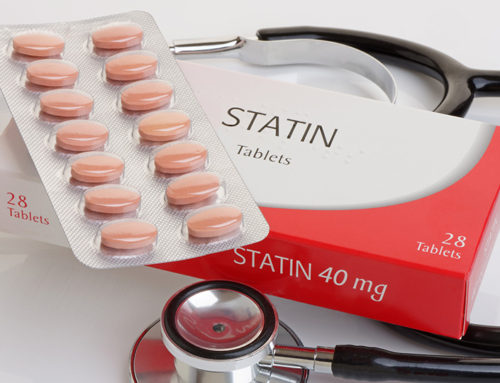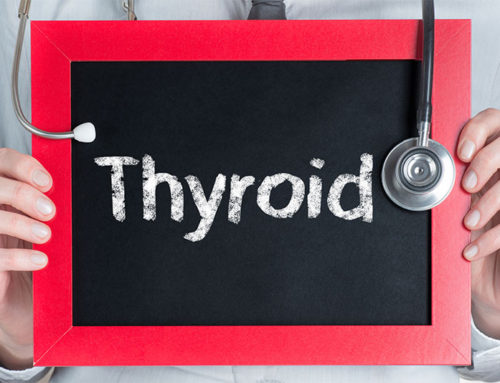San Diego, CA – Higher levels of vitamin D in the blood appear to be associated with a reduced risk of incident diabetes among people with high risk for the disease, according to a new report.
Dr Anastassios G Pittas (Tufts New England Medical Center, Boston, MA), and colleagues presented the findings here at the American Diabetes Association (ADA) 2011 Scientific Sessions.
According to Pittas, vitamin D may have a role in diabetes via improvements in insulin secretion and insulin sensitivity.
To determine the relationship between vitamin-D status and risk of incident diabetes, the researchers analyzed data from the Diabetes Prevention Program (DPP), a three-arm trial comparing intensive lifestyle modification or metformin vs placebo for prevention of diabetes in patients with prediabetes.
The mean follow-up of the cohort of 2039 participants was 3.2 years. Plasma vitamin-D levels were measured at yearly intervals, and subjects were assessed for incident diabetes.
Participants in the upper third of vitamin-D levels had a 26% less chance of developing diabetes compared with participants in the lowest third.
Interestingly, those in the highest third had an average blood concentration of only 30.1 ng/mL. Though conventional medicine believes that 30 ng/mL is “sufficient”, virtually no serious vitamin D researcher agrees that 30ng/mL is an optimal amount.
“Much higher levels are better”, said well-known vitamin D expert Michael F. Holick, MD, PhD. “(It was) decided that 30 ng/mL is the minimum level but 40-60 ng/mL is recommended for both children and adults”, he said.
The findings of this study also suggested a dose-dependent effect for vitamin-D levels. The folks with the highest blood levels of vitamin D levels (>50 ng/mL, which I consider way more optimal than 30 ng/mL), had the very least chance of developing diabetes. Those with the lowest levels (<12 ng/mL) had the greatest risk.
“This study offers several methodological advantages over previous studies,” said Pittas. According to Pittas, vitamin-D status was assessed multiple times during follow-up, not just a single assessment at baseline, which may not reflect long-term vitamin-D status.
“Our study also includes a large clinically relevant population at high risk for diabetes with a substantial proportion of nonwhite participants, which improves the external validity of the results,” he said.
“This prospective study confirms that there is an association between levels of vitamin D and risk of diabetes even when correcting for body weight” commented Dr Clifford Rosen (Jackson Laboratory, Bar Harbor, Maine).














I take vitamin D3 daily now. Trying to get my family on board… it’s like pulling teeth. But, I can testify that it does what it is supposed to do and even better. I began taking it for my pre-diabetes and experienced something totally unexpected. My spring allergies are almost non-existant when I began taking vitamin D. If I got even the slightest hint of a sneeze, I take extra D and the sneezing sensation goes away. I do not take a sissy dose, I take a dose that is large enough to take care of my health. Many would consider it a megadose but it only resulted in a level of 33 ng/ml. I want to bring my levels higher to fight diabetes. I also take magnesium and zinc. I will soon include vitamin A once I have a good idea of how much I shoould take. I will check my vitamin D levels in a couple months. Thanks for this article.
No doubt about it, higher levels of vitamin D are associated with good health. The vital unanswered question is: did the vitamin facilitate the health, or do healthy people naturally make more vitamin D?
There have been many times in the recent past when something “correlates” with a disease, but has no effect on it. I am reminded of the Homocysteine craze of a few years ago. There is no doubt that blood levels of homocysteine correlate dramatically with cardiovascular disease. Doctors everywhere tested their patients. But it turned out that lowering homocysteine had no effect at all on heart disease.
Caveat emptor.
why do drs give 50,000 IU? week rather than 5000 IU/ day??????? jbs
The longer I treat my ailments with nutrition instead of meds, I am understanding that my ailments EVEN MY GRAY HAIR are rooted in poor nutrition. Eating healthy is just the beginning of good health. You have to communicate with your body, internally to figure ut what you need. Read, read, read, experiement with wisdom to discover what yiu need. I know that I must avoid carbohydrates and enjoy fats. I know that my vitamin D levels had to have been very very low. My magnesium levels were very very low. Optimizing both nutrients have been helping me to manage my pre-diabetes. I know that magnesium is also low in women in peri-menopause and menopause which , no doubt, is why many become diabetic during this time of their lives. I do believe that proper nutrition will have proper affects on health. If your health is suffering in any way, even if it is just a hang nail, check your nutrition. Check your vitamin D levels. When you begin a vitamin D regimen include magnesium, vitamin K2, a little vitamin A, boron. These all work in synergy with each other.